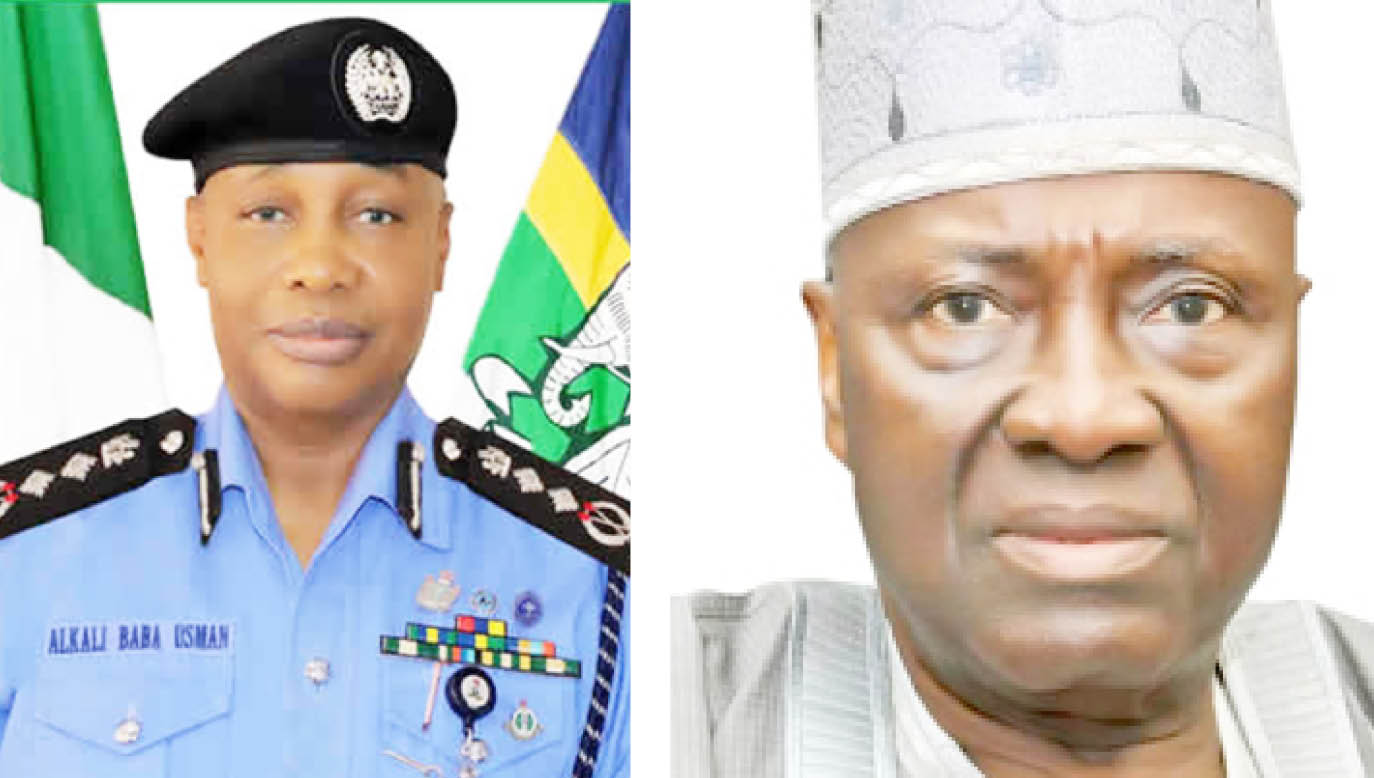The power tussle between the Police Service Commission (PSC) led by a former Inspector-General of Police (IGP), Musliu Smith, and the Inspector General of Police, Alkali Baba Usman, over the recruitment of constables into the police force is unnecessary, shameful, and dangerous for the nation plagued by acute shortfall of personnel to tackle insecurity.
For instance, the police last week disowned the PSC advertisement for the recruitment of 10,000 police constables. The action was, perhaps, a replay of the scenario in 2020, when the PSC dragged the IGP to court to halt the recruitment of 10,000 constables by the then IGP Muhammed Adamu-led police.
How heads of administration will lead the struggle for LGAs’ true autonomy
Narrowing the frontiers electoral criminality
The face-off between the Commission and the Police is shocking because the Chairmen of the Commission are appointed from among the ranks of retired Inspectors General of Police who should be conversant with the dividing line between the Commission and the Office of the IGP.
One cause of the face-off between the two police organs is the country’s reckless proliferation of agencies with conflicting and overlapping philosophies, objectives and even responsibilities. Section 6(1) of the Police Service Commission Act 2001 gives its functions to include the following: (a) “be responsible for the appointment and promotion of persons to offices (other than the office of the Inspector-General of Police) in the Nigeria Police Force (b) dismiss and exercise disciplinary control over Persons (other than the Inspector-General of Police) in the Nigeria Police Force; (c) formulate polices and guidelines for the appointment, promotion, discipline and dismissal of officers of the Nigeria Police Force…”
Some of the above functions conflict with the another legislation, the Police Act 1967 (No 41) which provides for the organisation and administration of the police force to harbour constables and Section 71 of the Nigeria Police Service Regulations, 1968, gives the power to enlist constables to the Police Council and the Nigeria Police Force under the control of the IGP. Apart from these, there is also the Ministry of Police Affairs, which is vested with the responsibility of formulating policies, programmes and concrete projects for improving professionalism, training and welfare of the police. These create room for every police agency to flex muzzle, backed by a legislation that appears not to have been well thought-out.
A second problem is the apparent wide remit of the PSC in Nigeria. In many countries, the PSC serves mainly as a watchdog of the police with the main functions of investigating and determining matters of discipline and rule of law, particularly in instances where men or officers of the police are accused of violating human rights. Recruitment and promotion of rank-and-file officers are usually internal matters of the police, not the PSC. Besides, if the recruitment of even constables is to be decided by the PSC, it would mean that the police is the only security agency in Nigeria which does not have a say over the recruitment of its rank and file, against the practice among other security agencies like the military and paramilitary formations in the country.
Daily Trust flays the current face-off between the PSC and IGP because of its severe implications for Nigeria’s security. This disagreement, which started in 2019, has stalled the annual recruitment of 10,000 policemen, a policy pronouncement by President Muhammadu Buhari in 2018. The shortfall in the number of men is partly responsible for the insecurity in many parts of Nigeria, especially in rural areas, where security personnel have been unable to checkmate the deadly and destructive activities of criminals of all hue. With about 370,000 policemen for a population of approximately 210 million people, Nigeria falls short of the United Nations’ recommendations for police/citizen ratio. But this, also, is not the reality on ground, as research has revealed that as many as 150,000 of the 370,000 police personnel have been deployed to provide security for politicians and business moguls. Under this atmosphere, the country cannot afford the dispute between the Commission and IGP over the authority to recruit constables into the force.
The PSC and IGP may be sticking to their guns to flex muzzles over who is in charge, but that is not in the interest of the Nigerian public. And definitely, this is not the time to do such. After a similar incident occurred in 2019, we had hoped that both institutions would have worked around it long before now to find a permanent solution. It is indeed embarrassing that two federal institutions would be countering one another on the pages of newspapers. This is not good for the system as it erodes the confidence of the people in such organizations.
It is also disturbing that both the Presidency and the National Assembly have kept mute over an issue of such great national importance. We call on all relevant parties to intervene and find a lasting solution to this issue. If there is a need for an amendment to any of the existing laws, it should be done. The president must enter into the driver’s seat and call the two institutions to order. Agencies of the police must be streamlined, not just to allow for fresh recruitment into the police, but also to avoid waste of resources, where they all perform the same or similar functions. Nigeria cannot afford any further delay in the recruitment of more men into the police force and that should be the most important consideration for the police force and the PSC.

 Join Daily Trust WhatsApp Community For Quick Access To News and Happenings Around You.
Join Daily Trust WhatsApp Community For Quick Access To News and Happenings Around You.


